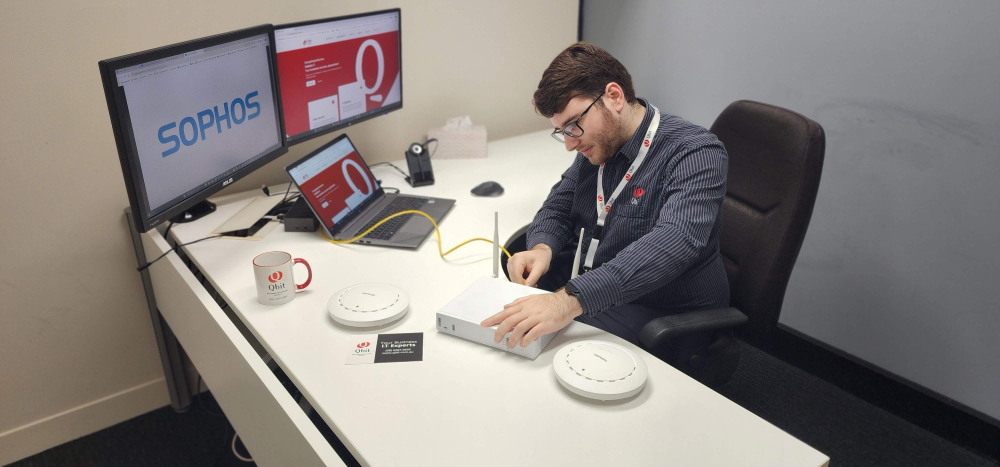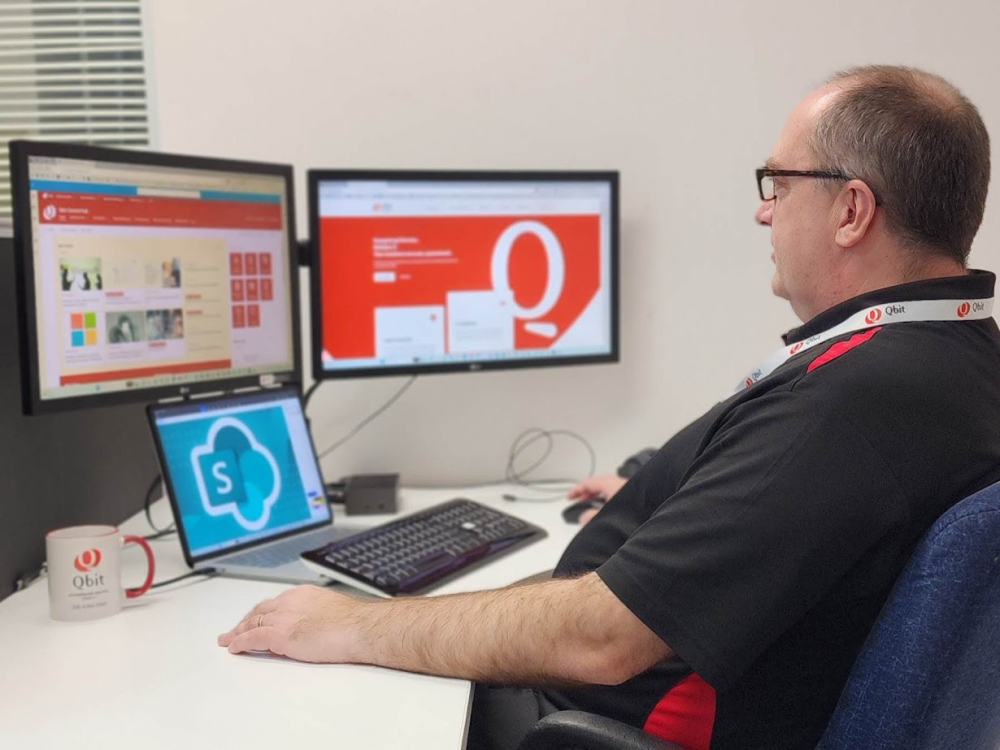A managed services provider (MSP) that specialises in a specific industry has several advantages for a company. One of the main benefits is that they have a deep understanding of the unique challenges and opportunities that businesses in that industry face. This means they can provide more targeted and effective IT service management to help the company improve its operations and performance.
Additionally, an MSP that specialises in a particular industry is likely to have a strong network of industry-specific contacts and partnerships, which can benefit the company in areas such as vendor selection, compliance and regulatory requirements, and technology innovation.
They also have more knowledge of the software and technologies commonly used in the industry which can streamline IT operations and help with integration with existing systems.
Overall, a specialised MSP is better equipped to support a company’s long-term success in its industry, by providing specialised industry knowledge and expertise, access to industry-specific resources, and a more tailored approach to managed services.
IT infrastructure and operations can vary greatly between companies, depending on factors such as the size of the organisation, the industry it operates in, and its specific business needs and objectives. A larger MSP like Qbit can form relationships with software vendors allowing them to work together to best service the customer. Qbit has many such relationships for example: Medical Director, Micromine, MYOB AE and many more.















